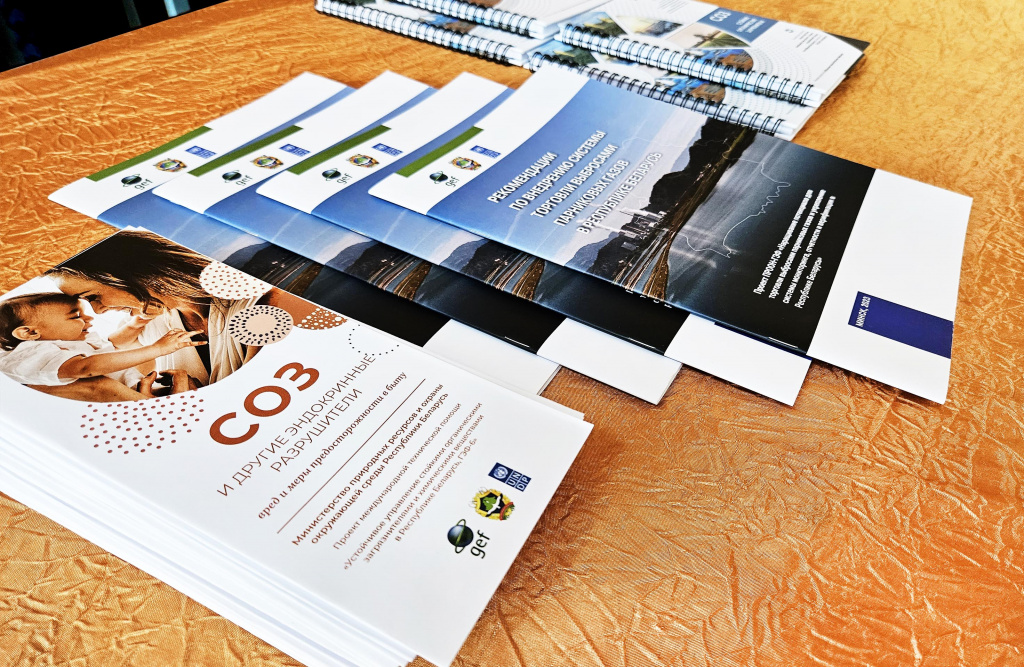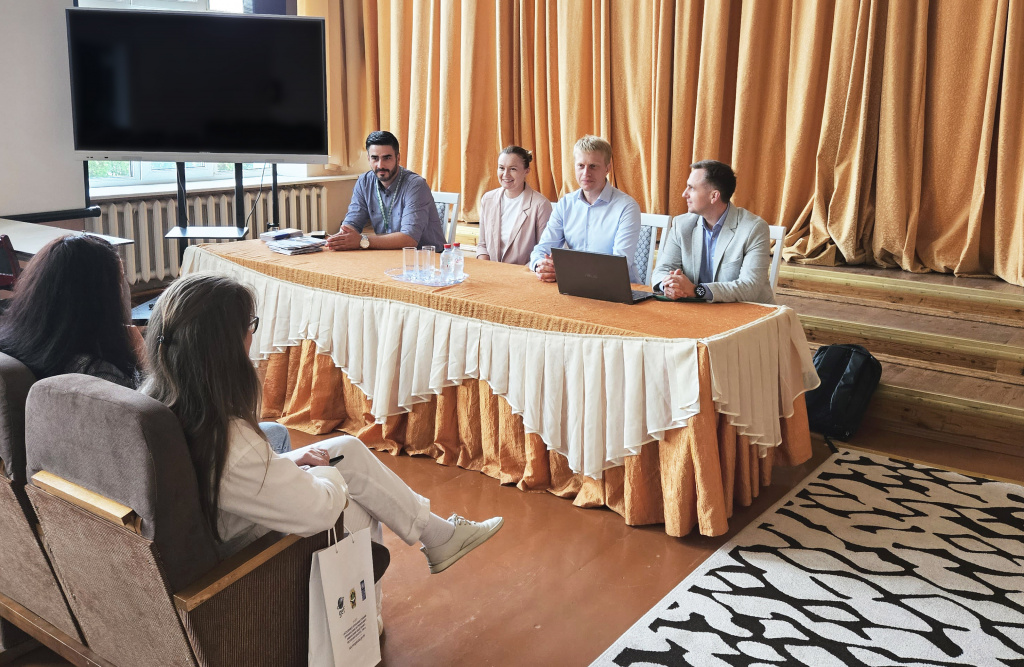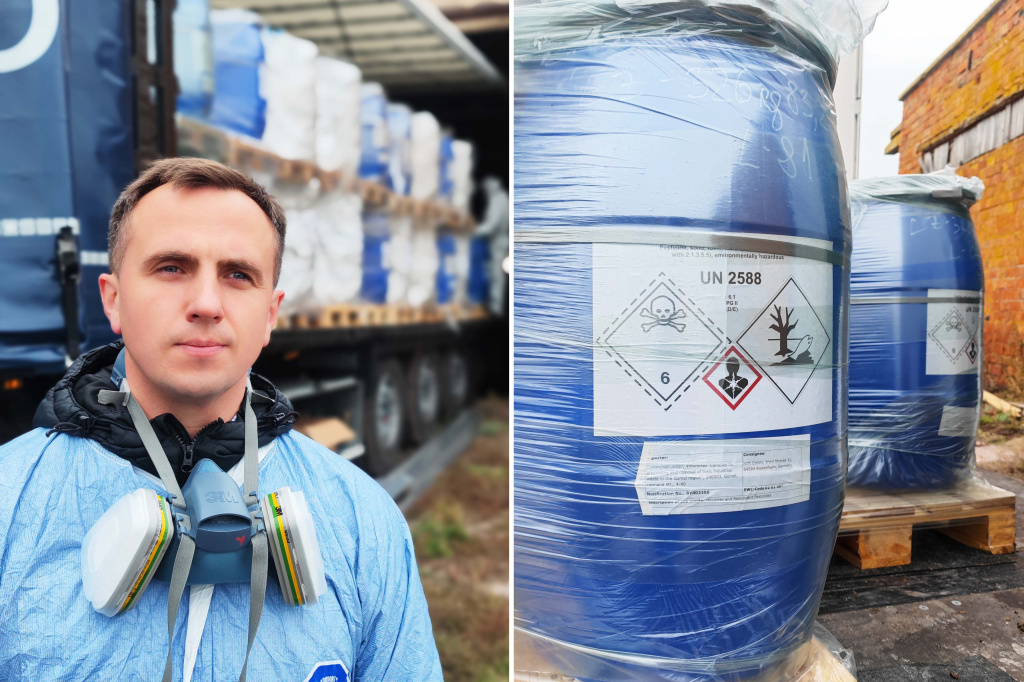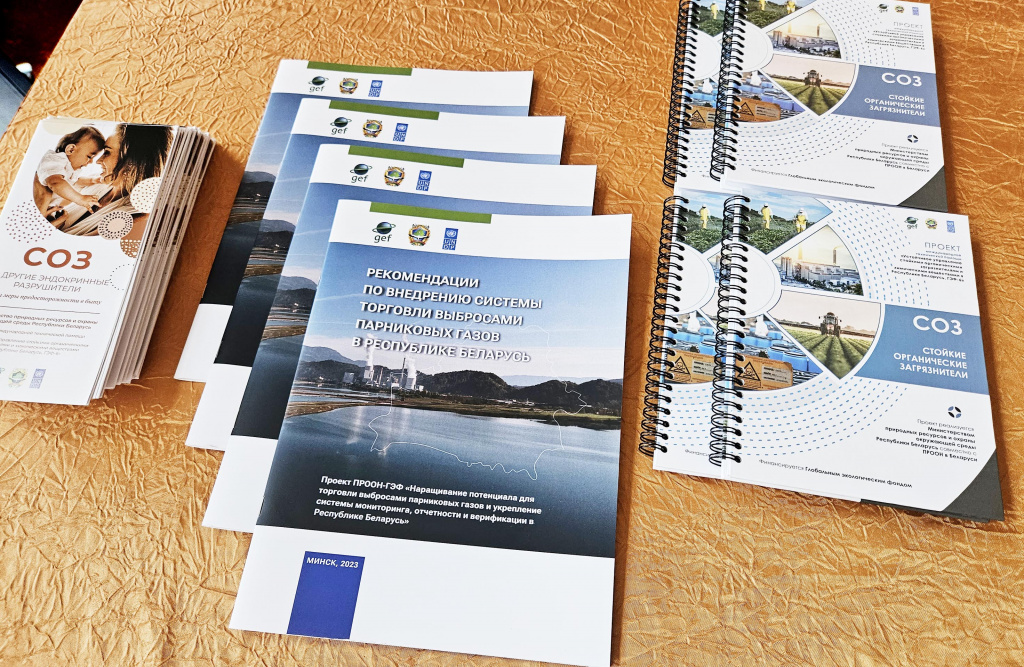THE ROUND TABLE ON HAZARDOUS WASTE MANAGEMENT AND CLIMATE CHANGE WAS HELD IN STOLIN

On 26 August within the framework of the XVII Republican Ecological Forum, timed to the Year of Peace and Creation, a round table was held in Stolin, the topics of the round table covered a wide range of contemporary environmental issues.
The event focused on the following issues: hazardous waste management, prevention of the impact of persistent organic pollutants on the environment and human health, as well as combating climate change and the contribution of the Republic of Belarus to the fulfilment of the goals of the Paris Agreement.

Currently, the MNREP with the support of UNDP in the Republic of Belarus is implementing the International Technical Assistance Project "GEF-6 Belarus POPs Legacy and Sustainable Chemicals Management Project", one of the main objectives of which is protection of public health and the environment through elimination of retained POPs legacies. Olga Volkova, Project Consultant, informed the participants in detail about the solution of this issue.
Another representative of the project – Yuri Kulik – spoke in detail about the current activities on cleaning up the warehouses of the Republic of Belarus from obsolete pesticides. The participants noted significant progress in the elimination of such disposal facilities for obsolete pesticides: Grodno and Vitebsk regions have already been completely cleared of these pesticides. The Minsk region is next in line.


Ruslan Mikhalevich, Director of the RUE "Belarusian Scientific Research Centre "Ecology" described to the audience the peculiarities of accounting data on persistent organic pollutants in the country and transition to the system of electronic submission and processing of such information.
The roundtable also focused on the issues of climate change. The Republic of Belarus consistently fulfills its obligations to reduce greenhouse gas emissions in accordance with the Paris Agreement of the UN Framework Convention on Climate Change. The event was attended by the participants of the Republican Environmental Forum, including representatives of state administration bodies, territorial bodies and subordinate organisations of the Ministry of Natural Resources and Environment, and other interested parties. Everyone had the opportunity to ask questions to the speakers, making the round table a platform for discussing current environmental issues.






